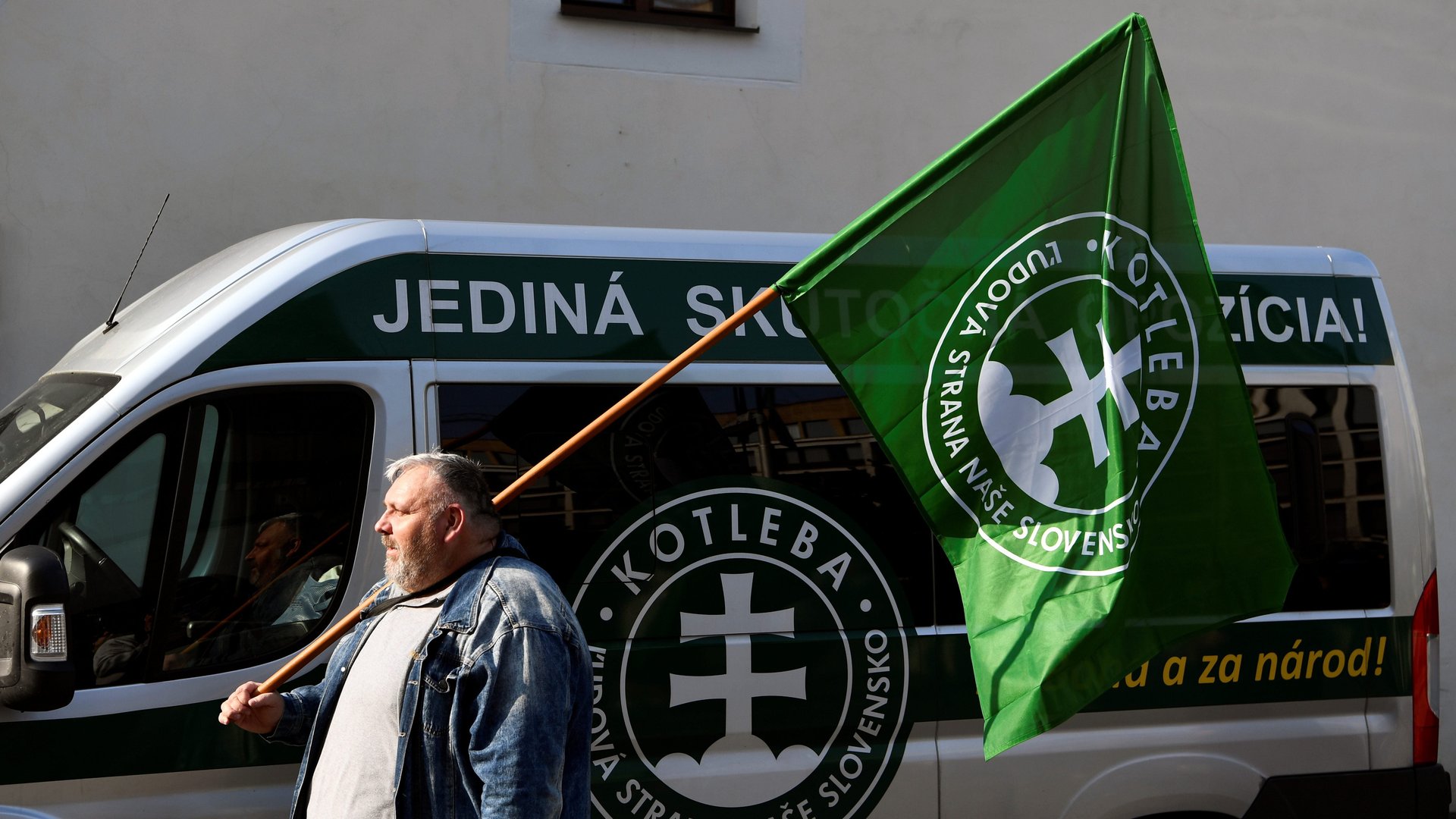How to sound smart about three key European elections in February
With a rapidly spreading flu epidemic in China, Australia on fire, and the US president impeached and on trial, it can sometimes feel like there is no oxygen—or energy—left to devote to any other major world events.


With a rapidly spreading flu epidemic in China, Australia on fire, and the US president impeached and on trial, it can sometimes feel like there is no oxygen—or energy—left to devote to any other major world events.
And yet the news, politics, and political news doesn’t stop, with series of key elections slated for 2020 across the world. In Europe, three of them are being held in February. To save you time, Quartz has prepared a cheat sheet with everything you need to know so you can make sophisticated small talk at your next dinner party.
🇮🇪 Ireland: General election on Feb. 8
- What’s the deal? Irish prime minister Leo Varadkar called a snap election two weeks ago. It’s been a long time coming: In 2017, Varadkar took over from Enda Kenny, the then-leader of his Fine Gael party, about a year into his term. Since then, he’s governed Ireland thanks to a “confidence and supply” arrangement with the opposition party Fianna Fáil, but that alliance is showing signs of strain. Now that the UK has passed its government’s Brexit deal, Varadkar says he sees “a window of opportunity” to hold an election before the next meeting of the European Council in March.
- What’s going to happen? While polls taken in December had Varadkar’s Fine Gael party in first place, more recent surveys have seen Fine Gael lose its edge to Fianna Fáil, while the Irish republican party Sinn Fein has almost caught up. Given the complicated coalition possibilities, it’s best not to sound too confident in the result of this one: it could go any way.
🇨🇭 Switzerland: Referendums on Feb. 9
- What’s the deal? The Swiss love direct democracy. Voters take part in nationwide referendums several times a year. On Feb. 9, voters will weigh in on two important proposals. One is to enshrine into law a ban against discrimination based on sexual orientation. The other calls on government and individual cantons to build more affordable housing, notably by setting aside 10% of new apartments for non-profit cooperatives and by preventing green subsidies from going to luxury developers.
- What’s going to happen? An opinion poll conducted by the GfS Bern research institute for the Swiss Broadcasting Corporation suggests that both initiatives are expected to pass.
🇸🇰 Slovakia: Parliamentary elections on Feb. 29
- What’s the deal? Slovaks go to the polls on Leap Day to elect 150 members of the National Council. The center-left Direction-Social Democracy party is widely expected to get the most seats, but polls show that the second-largest party could be the far-right People’s Party-Our Slovakia (LSNS). Some of LSNS’s policy ideas include: establishing a domestic armed militia; educating all young people about “traditional national and Christian principles and values”; barring gay couples from adopting children and promoting the idea that marriage is solely “the union of a man and a woman”; and withdrawing Slovakia from NATO (which it calls a “terrorist pact”) and from the EU’s currency union. Some LSNS members are neo-Nazis who openly embrace anti-Semitic, Islamophobic, homophobic, and anti-Roma ideas.
- Wait, what? About two years ago, Slovakian prosecutor general Jaromir Ciznar requested that the Supreme Court ban LSNS for being incompatible with Slovakia’s constitution. The Supreme Court denied the request, saying he failed to provide enough evidence for the ban.